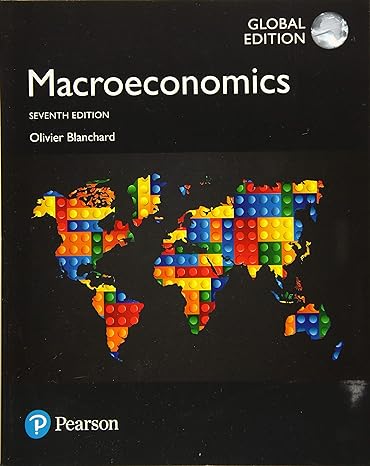Answered step by step
Verified Expert Solution
Question
...
1 Approved Answer
Answer all questions The demand for natural gas is constant and given by: QDt=360- 4Pt. The marginal extraction cost (MEC) is $15 per unit and
Answer all questions



Step by Step Solution
There are 3 Steps involved in it
Step: 1

Get Instant Access with AI-Powered Solutions
See step-by-step solutions with expert insights and AI powered tools for academic success
Step: 2

Step: 3

Ace Your Homework with AI
Get the answers you need in no time with our AI-driven, step-by-step assistance
Get Started



